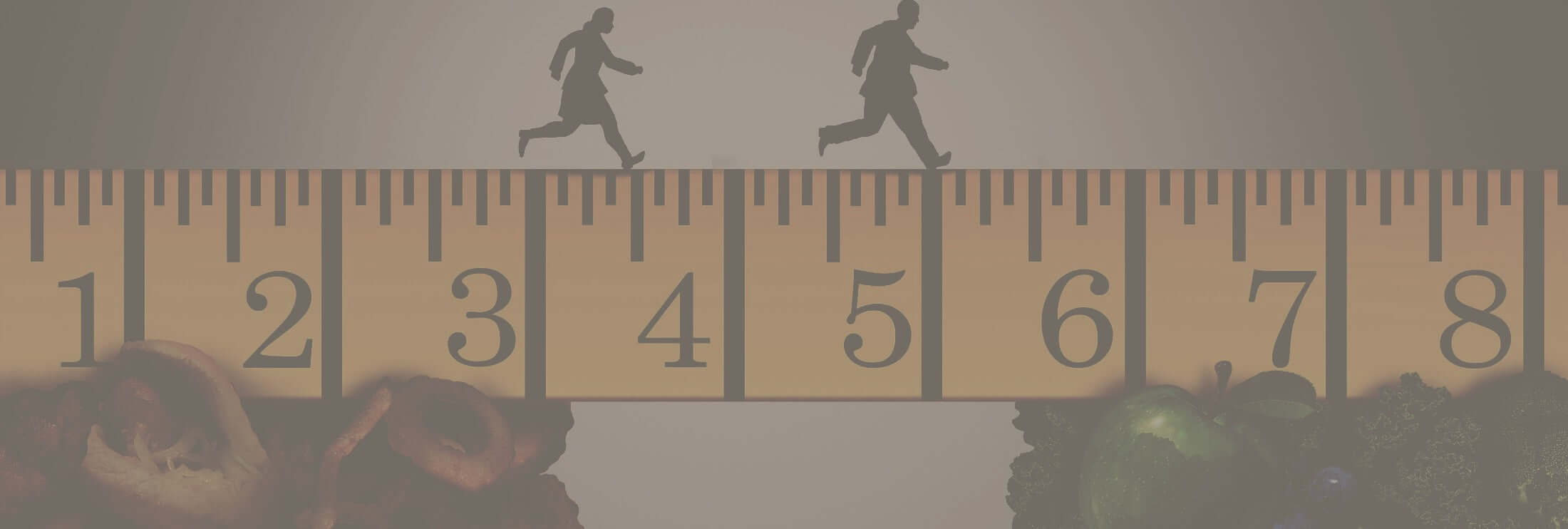Need effective waist management? Start with adequate rest!
If you’re having some difficulties zipping up your jeans these days, it might not be your diet that’s to blame. Resent research points to a lack of sleep as a factor behind weight gain. It’s a complicated scenario involving hormone disruption and fatigue that makes a trip to the gym a brutally unappealing prospect. Add to the mix poor food choices that happen when you’re looking for an energy boost from foods high in sugar and fat.
The interaction between sleeplessness and putting on pounds is one that is worth noting and learning how to navigate. Let’s face it, those climbing numbers on the scale add fuel to the fire when it comes to getting enough shuteye.
The stark truth is that overweight people tend to have poorer quality of sleep than those of average weight.
One study from the National Center for Biotechnology Information suggest that there’s a correlation between the current increase in obesity rates and poor sleep quality. About 65% of Americans are considered overweight or obese, according to the Centers for Disease Control and Prevention. And that number is rising at an alarming rate, especially among younger age groups.
Sleep & weight gain are partners in a vicious dance
Poor sleep habits fuels weight gain. Weight gain leads to sleeplessness. That makes tackling the issue from both those angles crucial. Brain drain = bad food choices.
Let’s start by thinking of sleep as fuel for the brain. When you don’t get enough sleep, the brain must function on a low supply of energy. How are you fairing? Look for the signs of brain drain including poor decision making and compromised impulse control. If you’re reaching for chocolate and diving into bowls of pasta – and that’s not your usual mode of operation – that’s a clue your brain is running near empty. Also watch for bigger portions and stronger cravings. That’s your brain’s way of saying, “Help! I need energy!”
Hormone havoc and sleep/weight struggles
The body uses hormones to maintain and regulate our behavioral activities, such as digestion, metabolism, respiration, stress, growth and development, reproduction, mood and, of course, sleep. Without adequate sleep the hormones ghrelin, leptin and cortisol can be thrown off balance, which can quickly lead to overeating.
- Ghrelin – This is nature’s dinner bell, letting the brain know it’s time to eat. When we’re sleep deprived, our bodies produce more ghrelin, which causes us to crave more (unhealthy) food.
- Leptin – This one sends a signal to the brain to stop eating. When we’re sleep deprived, our leptin levels plummet, increasing food cravings.
- Cortisol – The stress hormone signals our body to conserve energy. If we’re lacking sleep, cortisol levels spike, causing the body to store calories as fat for future energy.
Sleep right, feel right
It’s not surprising that healthy food choices and regular exercise help keep weight in balance. As noted, lack of sleep can easily put us at a disadvantage when trying to stick to healthy choices. But after a good night’s sleep, we wake up with our energy tanks full, and well equipped to make the best decisions for ourselves and our health.
Sleep is how we end each day and how we recharge from the day before and prepare to face what’s ahead. Here’s a refresher on why prioritizing sleep matters:
- Stop late night snacking – You can’t eat if you’re sleeping.
- Helps burn more calories – You have the energy to hit the gym when you wake up.
- Help with portion control – You don’t need to store as much energy in the form of food because you’ve recharged your batteries with sleep.
- Keeps your brain focused – There’s no need to reach for that extra cup of coffee to stay awake.
- Helps regulate hormone levels – The body is ready to regulate itself after a refreshing and rebooting nights’ rest.


